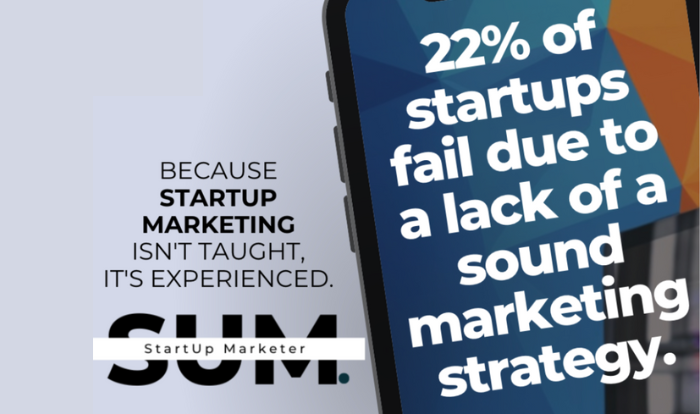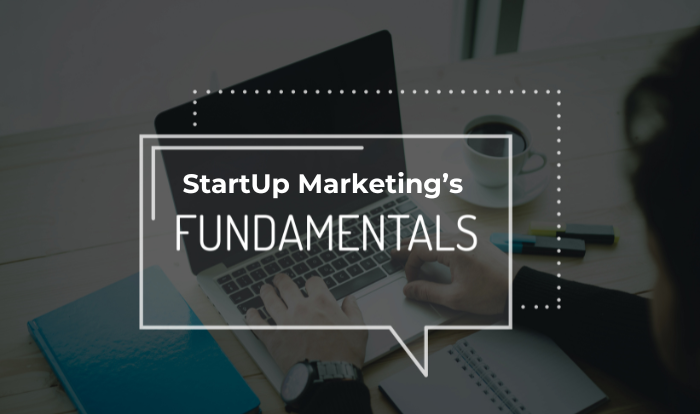Just because it has “marketing” in the name doesn’t mean that marketing automation’s impact begins and ends inside your marketing department. While most of the advice you see out there is for marketers, there are plenty of ways to leverage marketing automation across your entire organization, for all teams, so that it makes a holistic business impact.
Here are 5 benefits to expanding your marketing automation strategy beyond marketing, with ideas and tips you can start taking advantage of right now:
Save time
Think of all the time your HR department spends communicating with job candidates, all of the time your training team spends managing new campaigns, or all of the time your management team spends creating an internal communication strategy. Instead of doing everything manually, you can use your marketing automation platform to eliminate all of the backend work. Just set it up once and it can run forever.
For example, your HR team can receive an automated notification every time someone submits a resume—and if you have a flow that automatically sends an external email confirmation to each candidate, you can maintain a good hiring experience without constantly being interrupted by manual work.
You can also use automated workflows for new employee onboarding, updating employees on new policies (including automated follow-up emails to make sure they’ve signed everything), and sending satisfaction surveys to employees.
Or, if you integrate your marketing automation platform with your training platform, automated campaigns can deliver training materials and lessons to new candidates or employees whenever they need them.
Marketing automation can also save your IT team plenty of time. For example, HubSpot’s Chrome extension integrates your HubSpot account with your Gmail account so that you can see activity, check out metrics, add new contacts directly out of your email, use branded email templates, and more. Best of all, it doesn’t require any developer know-how to use, so you won’t have to ask your IT team for help.
Increase productivity
Wouldn’t it be nice if your sales team knew which leads were hottest at any given time? Wouldn’t it be great if your HR team knew which job candidates were the most engaged with your brand? Marketing automation can turn these dreams into reality with lead scoring. Simply set up a scoring system for actions that are most important to each team and the scores will automatically update.
For example, give a job candidate 2 points for visiting your blog, another 2 points for spending at least 5 minutes on your website, and another 2 points for downloading one of your gated assets. That way, HR can determine which candidates really have spent time exploring and engaging with your organization’s website and content.
The same applies to Sales. Give a lead 10 points for having a particular job title, another 2 points every time they open one of your emails, and another 5 points when they register for one of your webinars. Just like that, Sales can see who’s most interested in what you have to offer.
Setting up interesting moments is another valuable tool. For example, if a lead registers for your flagship conference, your marketing automation platform can instantly alert sales. In fact, it’s estimated that marketing automation can lead to a 14.5% increase in sales productivity because marketing qualified leads (MQLs) can turn into sales qualified leads (SQLs) so much faster.
Your customer service team can also increase its productivity with marketing automation. For example, surveys that are automatically deployed after some type of interaction (ex: a session with your help desk) can pinpoint areas for improvement and lead to better overall customer satisfaction.
Add a personal touch
Today’s customers expect personalized experiences, no matter what part of the lifecycle they’re in. In fact, 70% of consumers say that if a company understands their individual needs, they’re more likely to be loyal. Another 69% say that providing personalized customer care also influences company loyalty.
Marketing automation gives you the power to easily personalize all of your experiences—not just with a first name token in an email subject line, but with content that’s been specifically curated based on each person’s activity. You can also create entire journeys based on what’s most important to each customer, thanks to the types of engagement your marketing automation platform has tracked.
Keep your voice and tone consistent
All of the automated communications we’ve discussed so far have one thing in common—they all have a consistent voice and tone. If you were to try and send out all of these communications manually, you’d be at the mercy of whichever employee was doing the writing. But if you only have to set things up once, you can ensure that each communication aligns with your brand voice and the type of conversation your organization wants to have with its audience.
Drive more ROI
Some organizations balk at the cost of setting up a new marketing automation platform, but any sticker shock will fade when you realize all of the ways that your entire organization can generate a better return on investment with it. Here are just a few examples:
- By automating reminder campaigns to existing customers, your customer service team can drive renewals and upsells without having to lift a finger.
- With lead source attribution, your HR team can see exactly where job applicants are coming from and which sources are generating the best candidates. As a result, you can stop spending money on recruitment resources that aren’t producing results.
- Automating satisfaction surveys to your employees can help improve your retention rate, which saves a considerable amount of money.
- Thanks to specific prospect intelligence, your sales team can build relationships faster and increase deal sizes.
Taking advantage of marketing automation opportunities like these will bring your organization closer to its digital transformation goals—which give you the power to scale your business faster and further than you may have ever thought possible.
In the realm of startup marketing, sending generic campaigns is a perilous misstep. The solution? Segmentation strategies. Dive into our Read more
Turn your startup’s marketing organization into an impact driver with these three elements detailed on The StartUp Marketer blog.
Learn how startup marketers can perfect the art and science of prioritization in this StartUp Marketer blog post.
Startup success requires understanding marketing’s fundamentals, like taking a customer-centric approach. Learn more on The StartUp Marketer blog.





